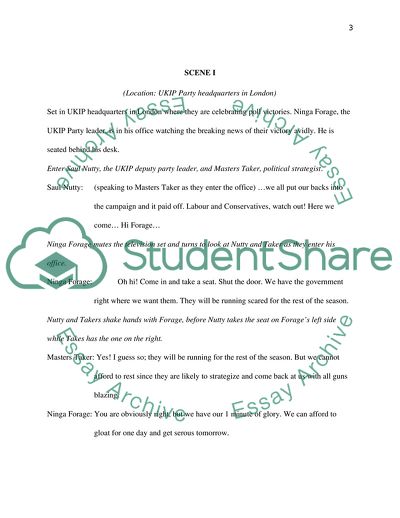Cite this document
(Interdisciplinary Approach to Politics: Theater Politics Report, n.d.)
Interdisciplinary Approach to Politics: Theater Politics Report. https://studentshare.org/politics/1831496-interdisciplinary-approach-to-politics-theatre-politics
Interdisciplinary Approach to Politics: Theater Politics Report. https://studentshare.org/politics/1831496-interdisciplinary-approach-to-politics-theatre-politics
(Interdisciplinary Approach to Politics: Theater Politics Report)
Interdisciplinary Approach to Politics: Theater Politics Report. https://studentshare.org/politics/1831496-interdisciplinary-approach-to-politics-theatre-politics.
Interdisciplinary Approach to Politics: Theater Politics Report. https://studentshare.org/politics/1831496-interdisciplinary-approach-to-politics-theatre-politics.
“Interdisciplinary Approach to Politics: Theater Politics Report”. https://studentshare.org/politics/1831496-interdisciplinary-approach-to-politics-theatre-politics.


